Disorders Cure
oi-Amritha K
on May 13, 2021
The term ivermectin has been one of the most searched terms recently, linked to the Goa government and WHO.
What Is Ivermectin?
Ivermectin is a prescription drug, and it comes as an oral tablet, topical cream, and topical lotion.
Ivermectin oral tablet is used to treat infections of parasites, including parasitic infections of the intestinal tract, skin, and eyes [1]. Ivermectin belongs to a class of drugs called anti-parasitic drugs and works by binding to parts inside the parasite – paralysing and killing off the parasite [2].
Ivermectin oral tablet may cause drowsiness and other side effects such as tiredness, loss of energy, stomach pain, loss of appetite, nausea, vomiting, diarrhoea, dizziness, sleepiness or drowsiness and itchiness – when used to treat intestinal infections.
When it is used to treat skin and eye infections, the side effects of ivermectin include joint pain and swelling, swollen and tender lymph nodes, itching, rash, fever and eye problems. Serious side effects and their symptoms can include neck and back pain, serious eye problems such as redness, bleeding, swelling, loss of vision, shortness of breath, confusion, extreme tiredness, extreme drowsiness, seizures and coma [3].
Other severe side effects of ivermectin include low blood pressure, especially when you get up after sitting or lying down, skin reactions such as severe rash, redness, blistering skin and liver damage [4].
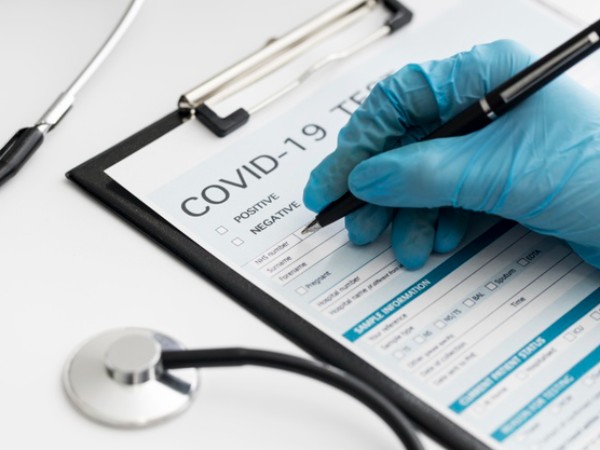
Ivermectin For COVID-19 Treatment
According to recent reports, the Goa and Uttarakhand government have said they plan to dose their populations with the anti-parasitic drug ivermectin to protect against severe COVID-19 [5]. However, scientists and doctors are divided on the use of ivermectin for COVID-19.

Two Indian States Push For Ivermectin Use
According to recent reports, at least two states have said they plan to use the anti-parasitic drug ivermectin to protect against severe COVID-19 infections. On Monday, Goa govt. cleared a new COVID-19 treatment protocol which recommends all residents above the age of 18 to take five tablets of the ivermectin drug to prevent the steep and sometimes fatal viral fever, which accompanies the coronavirus infection [6].
Health Minister Vishwajit Rane said that the ivermectin drug would be made available at all health centres in the state and should be taken by all residents, irrespective of whether they have COVID-19 symptoms or otherwise. Goa would be the first state in the country to endorse the new COVID-19 treatment protocol.
“We are giving this as prophylaxis treatment, as a preventive. Ivermectin tablets will be given to all patients above 18 years at government health centres. The population needs to take the population. This will be made available,” he said [7].
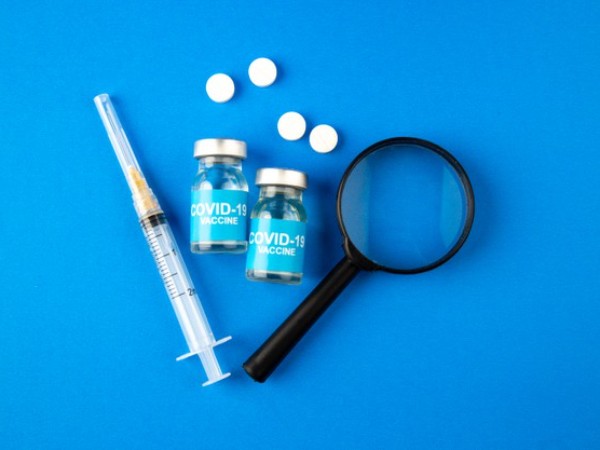
The Goa govt. said the following:
- Patients will be treated with ivermectin 12mg for a period of five days.
- Experts from the UK, Italy, Spain and Japan, found a considerable, statistically significant reduction in mortality, time to recovery and viral clearance in COVID-19 patients treated with ivermectin.
- This does not prevent COVID-19 infection but helps in reducing the severity of the disease.
Following a suite of Goa, the Uttarakhand govt. too announced plans on Wednesday to distribute the ivermectin tablets to any person over the age of two, except for pregnant and lactating women [8]. Along with this, a peer-reviewed had claimed that ivermectin use could ‘end’ the COVID-19 pandemic as the medicine has the capacity to reduce the risk of contracting respiratory illness when used regularly [9].
The research, published in the May-June issue of the American Journal of Therapeutics, is the most comprehensive review of the available data on ivermectin taken from clinical, in vitro, animal, and real-world studies, the authors said.
“We conducted the most comprehensive review of the available data on ivermectin,” said Pierre Kory, president and chief medical officer of the Front Line COVID-19 Critical Care Alliance (FLCCC), a group of medical and scientific experts, which led the study [1].
READ RELATED: 5 Tips For Renovating Your Health Clinic
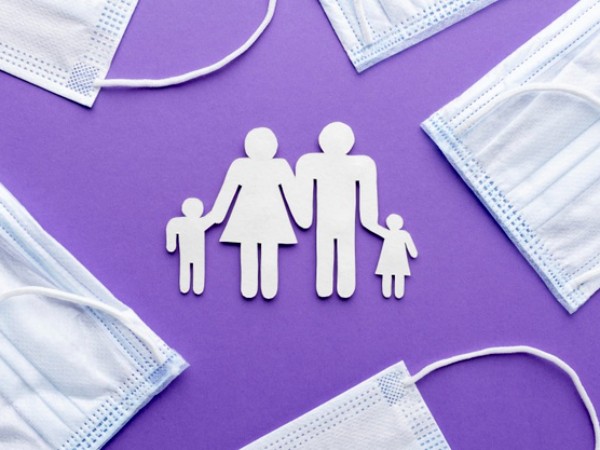
WHO Warns Against Use Of Ivermectin
The World Health Organization on Tuesday recommended against the general use of ivermectin. The statement was issued in light of some countries, and Indian states promoted the use of the same drug [11].
“Safety and efficacy are important when using any drug for a new indication. WHO recommends against the use of ‘ivermectin’ for COVID-19 except within clinical trials,” Dr Soumya Swaminathan, the global health body’s chief scientist, tweeted.
A similar warning has also been issued by ‘ivermectin’ manufacturer MSD, or Merck & Co., Inc. Merck said its scientists continue to “carefully examine findings of all available and emerging studies of ‘ivermectin’ for treatment of COVID-19, and to-date, our analysis has identified that no scientific basis for a potential therapeutic effect against COVID-19 from pre-clinical studies; No meaningful evidence for clinical activity or efficacy in patients with COVID-19 disease, and; a concerning lack of safety data in the majority of studies” [12].
According to WHO, currently, there is no persuasive evidence of a mechanism of action for ivermectin in COVID-19.
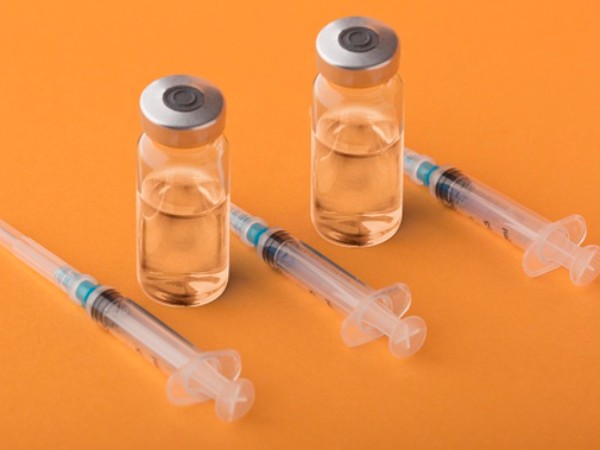
Other Warnings For Ivermectin
Ivermectin oral tablet can interact with other medications, vitamins, or herbs, which in turn can prevent the drug from being effective [13]. Some of the common drugs that ivermectin can interact with are warfarin (blood-thinning drug), asthma medication and liver medications.
For people with the following health conditions, ivermectin can cause severe reactions [14]:
- Asthma (may make the condition worse)
- Liver problems (may increase the levels of the drug in your body and cause more side effects)
- Seizures
- HIV
For pregnant women: There is a lack of studies done in humans, so how the drug might affect the foetus is uncertain. However, research in animals has shown adverse effects on the foetus [15].
For women who are breastfeeding: Ivermectin passes into breast milk and may cause side effects in a child.
For seniors (60 plus): As the liver slows down its functioning as you age, it can cause your body to process drugs more slowly. As a result, more of this drug can stay in your body for a longer time, increasing the risk of side effects.
For children: There is no information as to whether the drug is safe and effective in children who weigh less than 15 kg.
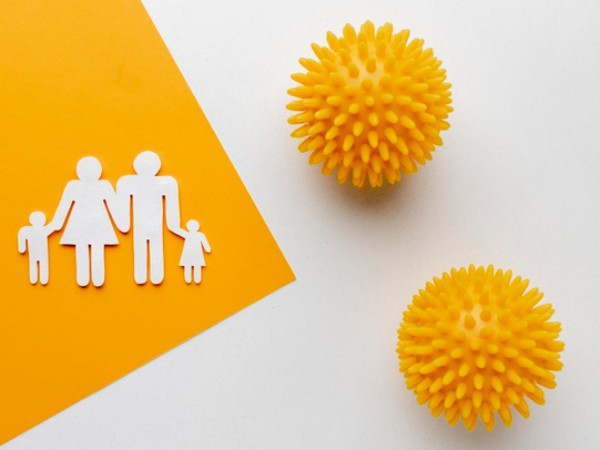
On A Final Note…
The Indian Council of Medical Research recommends doctors could use the drug for mild COVID-19 patients but warns this is based on low certainty of evidence.
GET THE BEST BOLDSKY STORIES!
Allow Notifications
You have already subscribed
Story first published: Thursday, May 13, 2021, 22:23 [IST]
Source:










